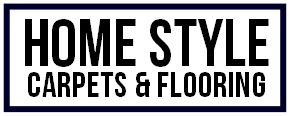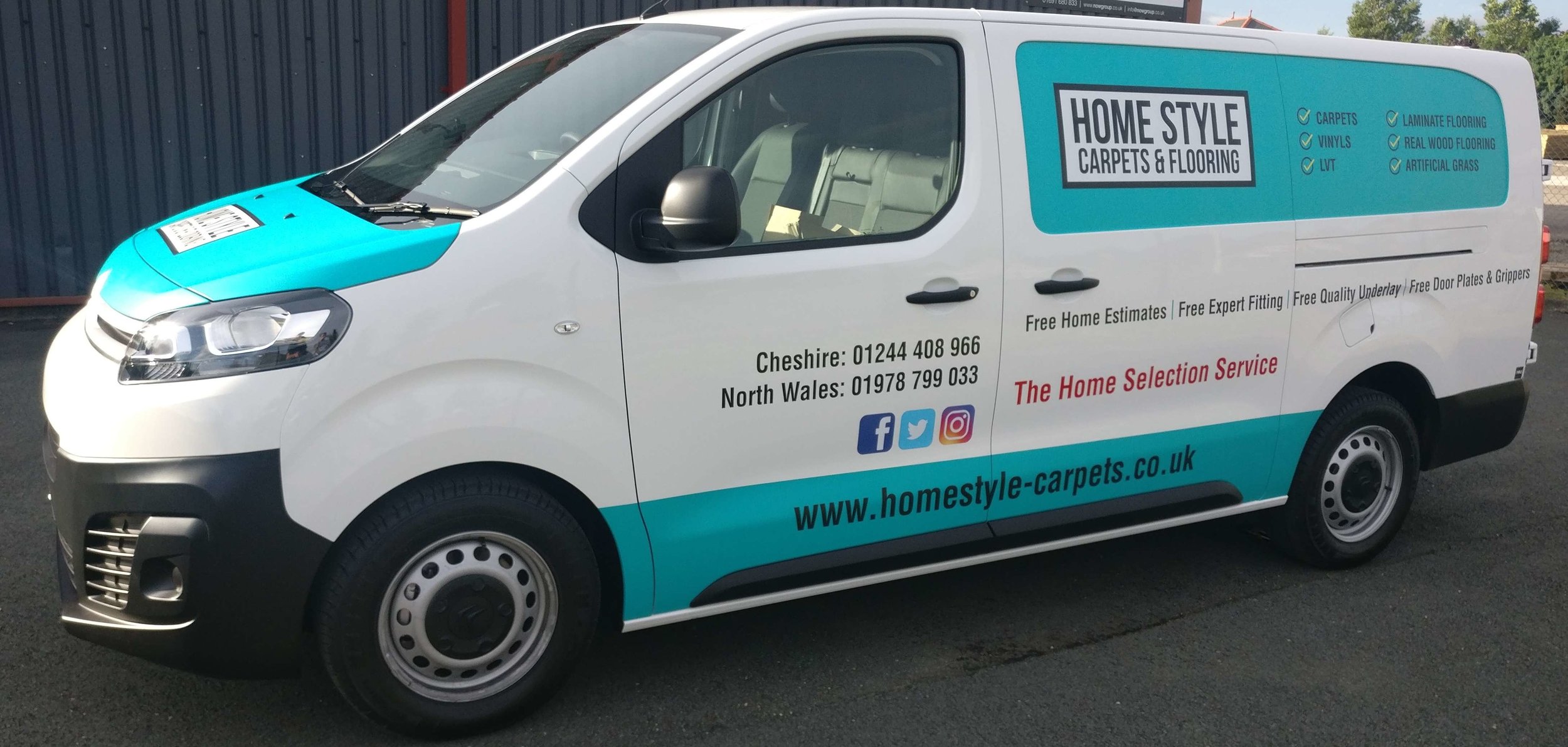New carpet recycling collaboration needed
/Speakers at the Carpet Recycling UK (CRUK) annual conference in July 2024 discussed the need for more collaboration between members of the flooring, construction and waste management industries to find better ways of recycling textile flooring waste.
In 2020, 200,000 tons of textile flooring and carpet waste was diverted from disposal in landfills and used in energy generation. Adnan Zeb-Khan of CRUK said that this is an important use of waste carpets, but other ways of recycling carpets are needed.
The conference heard about research into using flooring waste in cement and other construction products. Details were also given about a pilot scheme in Northampton which is the first UK dedicated recycling centre that recycles polypropylene from synthetic carpets into beads to be used in the manufacture of new products.
Artificial intelligence is helping waste management companies discover different chemicals in carpets to show what they are made from to assist the recycling processes.
It was suggested that partnerships are needed to create an Extended Product Responsibility (EPR) scheme to develop a circular economy for floor coverings. Jane Gardner of the European Resilient Floorcovering Manufacturers’ Institute (ERFMI) said:
“Sustainability is becoming mandatory in the European Union and our strategy recognises the need for waste management companies, recyclers and raw material suppliers to collaborate to ensure a workable solution for all stakeholders.”
Each flooring company in North Wales is aware of its responsibility for sustainable business practices. Old carpets can be taken away for recycling after new carpets are installed.

